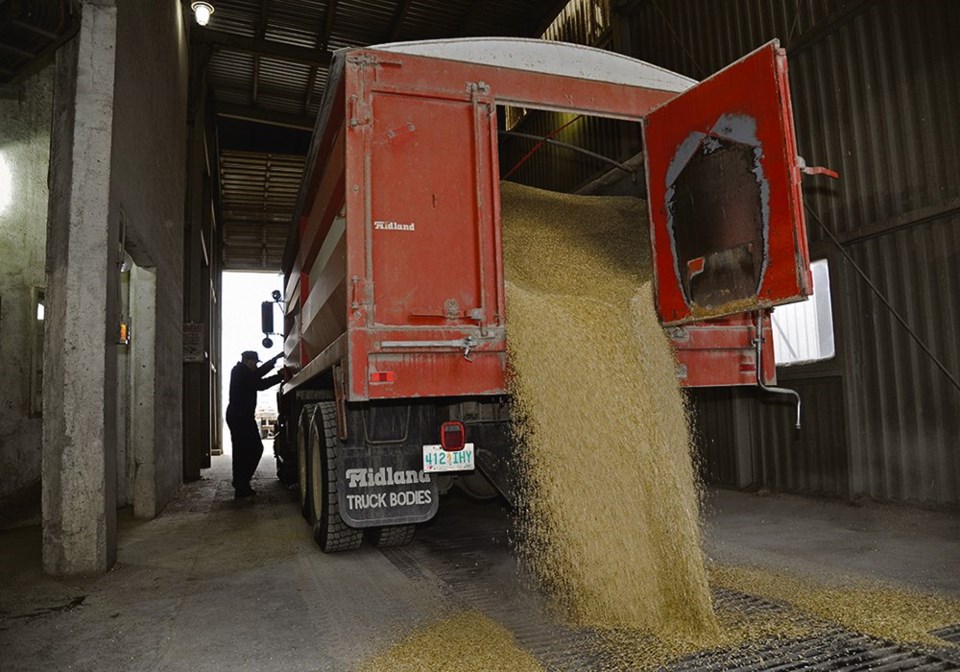WESTERN PRODUCER — This is the final story in our three-part series looking at the Canada Grain Act review process.
Ensuring Canadian farmers receive full payment for the grain they deliver is one of the most important functions of the Canadian Grain Commission.
So, it’s not surprising that producer payment protection (PPP) programs and grain buyer licensing were among the key topics raised during the consultation phase of the Canada Grain Act review.
In its recent summary document entitled “What We Heard: Canada Grain Act Review Consultation,” Agriculture Canada said there is strong support for maintaining producer payment protection programs.
However, it acknowledged that some grain industry stakeholders want the program expanded or improved.
“Some (stakeholders) requested that producer payment protection be made available for any delivery, including to currently unlicensed (grain) buyers …,” said the document, .
On one hand, stakeholders supported small changes to the existing security-based program that would enhance efficiency, reduce administrative costs, and guarantee 100 percent coverage to grain growers.
One the other, some stakeholders voiced support for potentially overhauling the PPP program and examining other models, such as an insurance-based program.
Under the Canada Grain Act, grain elevators and grain dealers that buy western Canadian grain must be licensed.
Among other things, licensing allows the CGC to maintain standards for grain grading, handling and storage, as well as providing safeguards for producers.
Since the Canada Grain Act was last reviewed more than 50 years ago, many new types of grain handling businesses have emerged.
As a result, not all companies that buy grain are licensed by the CGC.
Container loading facilities, feed mills and modern producer car loading facilities are among the operations that are exempt from CGC licensing, a situation that some growers would like to see changed.
“Overall, many respondents indicated that any business that buys grain directly from producers should be licensed by the CGC because this would ensure producer protections and increase (grain sales) data available to the CGC for publishing,” the federal summary document read.
“Feed mills were the most commonly discussed exemption to the current licensing requirements,” the document continued.
“Many respondents felt that feed mills should be subject to the same licensing requirements as any other grain buying business because deliveries to these facilities expose producers to risk of non-payment.”
Some industry stakeholders have expressed concerns that co-operative or farmer-owned feed mills should continue to be exempt from CGC licensing.
Others said CGC licensing requirements should not discourage small mills or start-up operations from entering the industry.
Remi Gosselin, manager of corporate information services at the Canadian Grain Commission, said the CGC will continue to look for ways to improve producer payment protection programs.
As part of that discussion, potential changes to licensing requirements may be examined.
Over the past 20 years or so, a variety of potential changes to PPP programs have been studied by outside groups and by the CGC.
In 2012, the commission determined that an insurance-based model, using industry-wide aggregate insurance policies, would not be able provide adequate protection for all CGC licensees.
Gosselin said the commission will continue to look at other options.
The current program functions well and provides a reasonably good level of protection, he added.
“The program has been helpful … (but) there is room for improvement,” he said.




